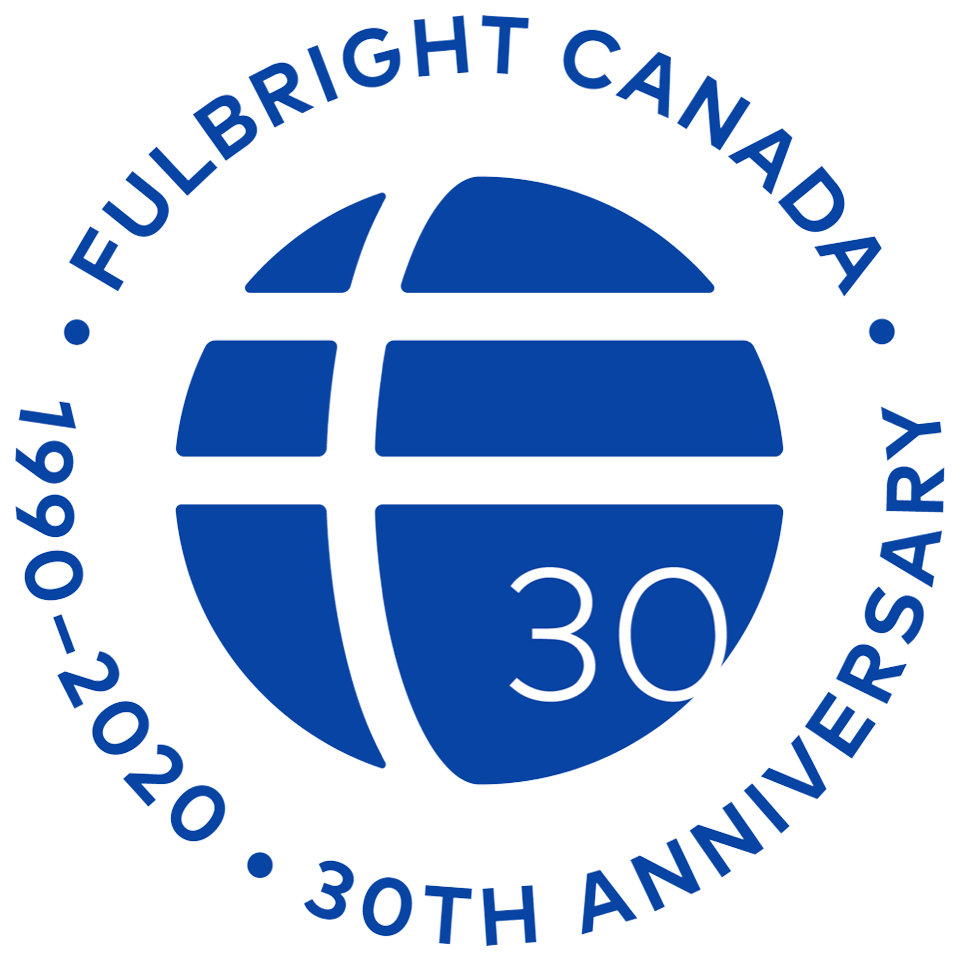Experts will collaborate on research and policy questions related to fostering a secure and sustainable Arctic.
Twenty outstanding scholars will engage in collaborative, multi-disciplinary research over the next 18 months as part of the fourth iteration of the U.S. Department of State’s Fulbright Arctic Initiative, which seeks to advance Arctic nations’ shared interest in building a secure and sustainable Arctic region.
Sponsored by the U.S. Department of State’s Bureau of Educational and Cultural Affairs, this initiative supports interdisciplinary research for scholars from Arctic countries. The governments of Canada, the Kingdom of Denmark, and Iceland have provided additional funding for the fourth cohort of Fulbright Arctic Scholars.
Dr. Elizabeth Rink, Professor of Community Health in the Department of Health and Human Development at Montana State University, and Dr. Lill Rastad Bjørst, Associate Professor of Arctic Studies in the Department of Culture and Learning and Scientific Director of Green Societies at Aalborg University, will serve as the Co-Lead Scholars for the Initiative. Both Dr. Rink and Dr. Bjørst are alumni of the program. The group of twenty scholar participants – including five from Indigenous backgrounds – will explore public policy research questions and offer innovative solutions to guide policymakers at the local, national, and international levels. Read the scholars’ full biographies.
2024-2026 Fulbright Arctic Scholars
| Name | Home Institution |
|---|---|
| Dr. Gabriela Argüello | University of Gothenburg, Sweden |
| Dr. Mia Bennett | University of Washington, United States |
| Dr. Wayne Inuglak Clark | University of Alberta, Canada |
| Dr. Karen Everett | University of the Arctic at Université Laval, Canada |
| Ms. Penny Gage | Launch Alaska, United States |
| Dr. Sappho Gilbert | Harvard T.H. Chan School of Public Health, United States |
| Dr. Heather Sauyaq Jean Kwamboka Gordon | Sauyaq Solutions, United States |
| Dr. Rachael Lorna Johnstone | University of Akureyri, Iceland |
| Dr. Tanja Joona | University of Lapland, Finland |
| Mr. Juho Kähkönen | University of Lapland, Finland |
| Dr. Anna Karlsdottir | University of Iceland, Iceland |
| Mr. Hans Peder Kirkegaard | University of Greenland, Kingdom of Denmark |
| Dr. Adam Lajeunesse | St. Xavier University, Canada |
| Dr. Alexandra Middleton | University of Oulu, Finland |
| Dr. Rikke Østergaard | University of Greenland – Ilisimatusarfik, Kingdom of Denmark |
| Dr. Åsa Rennermalm | Rutgers, The State University of New Jersey, United States |
| Ms. Mariah Seater | Tulane University, United States |
| Dr. Ivalu Seidler | University of Southern Denmark and University of Greenland, Kingdom of Denmark |
| Dr. Sigrun Sigurdardottir | University of Akureyri, Iceland |
| Dr. Lars Smedsrud | University of Bergen, Norway |
“The innovative research and perspectives of the Fulbright Arctic Initiative scholars are vital to understanding and addressing the unique challenges of the Arctic region,” said Eric Carlson, U.S. Senior Arctic Official. “Their work advances our scientific knowledge and strengthens international collaboration and policy development. I am confident their contributions will have a lasting impact on the Arctic and beyond.”
Fulbright Arctic Scholars engage with governments, NGOs, businesses, and Arctic communities through individual research exchange visits, online collaborations, and a series of group seminars. Dr. Rink and Dr. Bjørst offered the following reflections on the newly selected Fulbright Arctic Initiative cohort: “We are really amazed by the mass of top talent in Arctic research represented in the Fulbright Arctic Initiative. What is significant is the many early-career scholars with the eagerness to work across disciplines and drawing from both Indigenous and non-Indigenous voices on public policy research questions relevant to Arctic nations. They bring unique scholarship from all over the Arctic – both as experts and citizens of the Arctic.”
The new group of scholars will build on the success of the first three cohorts of the Fulbright Arctic Initiative, which launched in 2015. The scholar participants in those cohorts collaborated to produce a significant number of publications, reports, and policy recommendations that contributed to long-term Arctic security and sustainability.
The Fulbright Arctic Initiative advances the U.S. Department of State’s goals of stimulating international scientific collaboration on challenges facing the Arctic, and supports the mission of the Fulbright Program to increase mutual understanding between the people of the United States and the people of other countries. The Fulbright Program is the U.S. government’s flagship international educational exchange program. Since 1946, the Fulbright Program has provided more than 400,000 participants from over 160 countries the opportunity to study, teach, conduct research, exchange ideas, and contribute to finding solutions to shared international concerns. The Fulbright Program is funded through an annual appropriation by the U.S. Congress to the U.S. Department of State’s Bureau of Educational and Cultural Affairs. Participating governments and host institutions, corporations, and foundations in foreign countries and in the United States also provide direct and indirect support.
For press inquiries, please contact the Bureau of Educational and Cultural Affairs, ECA-Press@state.gov, (202) 632-6452, or the Institute of International Education (IIE) at outreach@iie.org.





